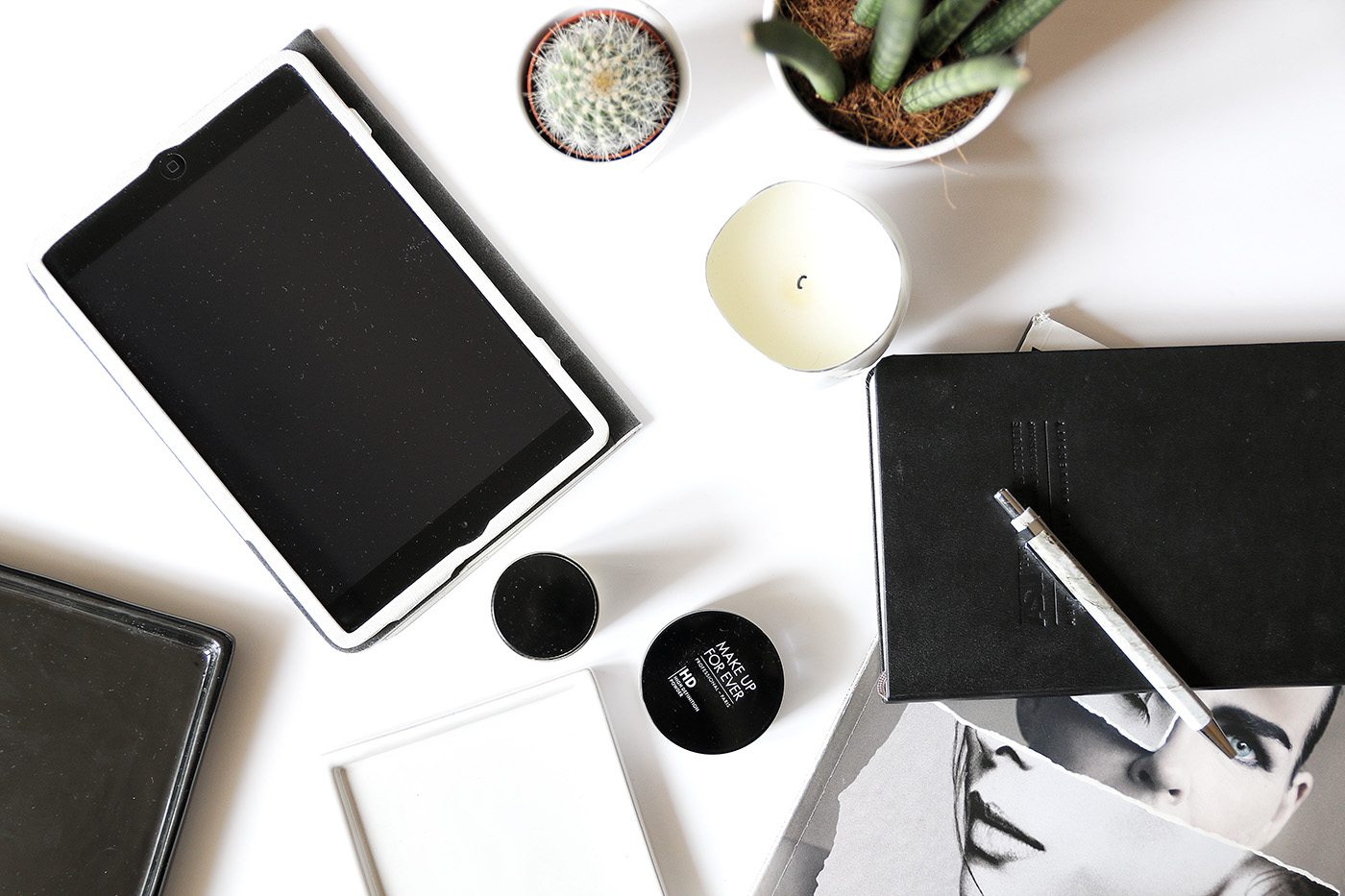
As I have briefly mentioned here, I think there are very strong correlations between a minimalist lifestyle and increased productivity.
Minimalism helps you see clear. It helps you strip down everything to the bare essentials, throwing away the useless junk that distract you from your goals and priorities. The result is an increased focus.
And you know, what else benefits from an increased focus?
Productivity.
But as no minimalist lifestyles are completely the same, our productivity style, skills, and techniques are different as well.
We work, think, create, and focus differently. Our skills are different. Our lifestyles are different. What works for me, might not work for you.
Some of us at better at emails, others prefer phone calls. Some can work in a noisy environment, others require complete silence in order to be productive. Some people prefer busy mornings, while others work at their best late at night.
So, while general time management tips and tricks are useful (see some here), at the end, how we can and should boost our productivity will be a completely unique and personal mix.
In order to put together that unique mix, we have to understand what we are dealing with– how the brain works, how OUR brain works, how we like to work, what distracts us from work, what helps and what magic trick is completely useless for us.
Be completely honest with yourself. Try a lot of things. Don’t necessarily believe if a time management guru declares “This is the only way it should work”. If it doesn’t work for you, it’s not necessarily a problem. There is NO one and only way.
Try these techniques to better understand your productivity style and come up with your own personal solutions.
Find your own personal productivity style
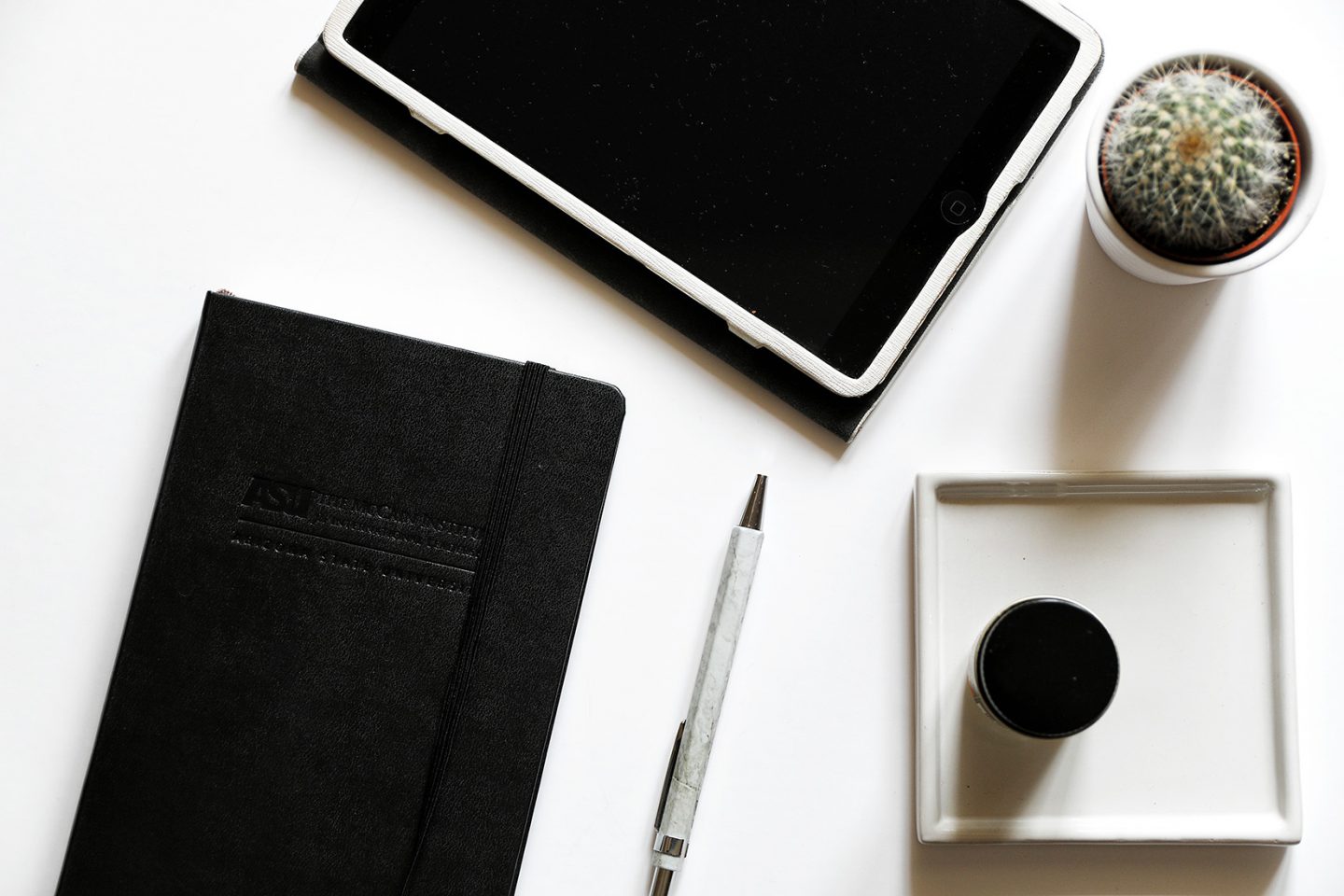
Time yourself
Time is kinda relative. There is the time that exists in your mind and the time the clock shows you. The problem, usually, is that these two are not in sync. The trick to good time management and thus awesome productivity is to rightly assess the time we need for a task and thus make a realistic to-do list (and thus realistic expectations) for a day.
But it requires a great deal of experience and insight. Most of us suck at assessing how long it will take us to do something. And most of us would be quite surprised to see how much time is spent on various things.
So in order to get a better sense at how we actually manage our times, time yourself. Take a week, and write down the time it took you to finish certain tasks or errand. Be it answering emails, browsing social media, finishing a strategy, preparing for a meeting, even going to and from work. Then take this journal and learn from it. Realize where you lose time, which tasks require a lot more and which go really well. It will be a great guideline for the next time you put together your daily schedule and to do list. This will also help with the next point, which is…
Know your strengths and weaknesses
Let’s just not pretend that we are polyhistors. Most of us are sadly not. There are things we are really good at, that usually don’t require that much of an effort, but there are a lot of things that do. This is also usually in direct correlation with the tasks we love doing and those we detest.
So, be honest and make a list of the things that you really love and are good at and those that are challenging. Chances are, it will take a lot more time to do the challenging ones, so plan accordingly.
Know your distractions and eliminate them
A major element of finding our own personal productivity styles is knowing what distracts us. Are you checking your phone every time it beeps? Silence it, if you need to focus. Are you unable to say no to colleagues who come with questions or just to chitchat? Go to a solitary place, ask them to come back to you later, or just simply be unsocial and put in some earphones. If you are checking Facebook every five minutes when you find it hard to concentrate, shut it down. Know what distracts you from the focus and use it to your advantage.
Find the organizer tools that work for you
The possibilities are endless, from to-do list apps and digital project management tools, through bullet journals and calendars to whiteboards and notebooks. You probably need one or two to stay organized, but definitely don’t need ten. Try out a bunch. See which one(s) you love using and find helpful. If after two weeks, you still use it, it’s probably good. And if, at the end, all you need is the gold old paper and pen, then leave all that digital stuff to others, even if it seems too old-school.
Find out what ticks your productivity
Sometimes we do need some inspiration or help to do challenging tasks. Use them. Go outside for a walk, spend 5 minutes on Pinterest, call your best friend, drink a coffee, whatever helps you get energized.
Know your ideal environment
I, for one, cannot work in a noisy environment. If I know I have to write or plan something I need complete silence, otherwise I cannot focus. But I love a tidy desk and an essential oil diffuser. Find out when you are the most productive and what help you to get into that productivity zone.
Know how willpower works
Familiar with those nice motivational sayings about if you want something all you need is will it and everything will work out fine? Yeah, well, unfortunately it seems it’s not how it works. Our willpower is a limited resource that we must use wisely. As you cannot flex a muscle for a very prolonged time, you cannot draw on your brain’s powers infinitely. Note, that it is not necessarily a chronological thing, but rather a personal mix of challenges and skills and how they measure up against each other in a given time. So, go back to your strengths and weaknesses list, take a look at your to-do list and distribute your efforts accordingly. Some tips even suggest starting with your most difficult ones in order to reach the best productivity.
Learn when to stop
Sometimes you just gotta stop. Especially, if you used up all that willpower and energy that was portioned out for that day. The critical thing is to know and realize why you cannot finish something. Is it because it’s just seems difficult and you cannot focus and instead procrastinate? In that case, you must go back and find that willpower. But there are cases, when it’s just better to stop.
By now, I can tell with a 90% certainty whether I just don’t want to do something or I simply cannot no matter how long or hard I try. And it’s usually a case of mismanaged or used up willpower. In that case, I just stop and leave it without an ounce of remorse, because I know it doesn’t get me anywhere if I try for another 3 hours.
But don’t misuse this. It’s not a free pass. This one really requires brutal honesty.
What is your productivity style?

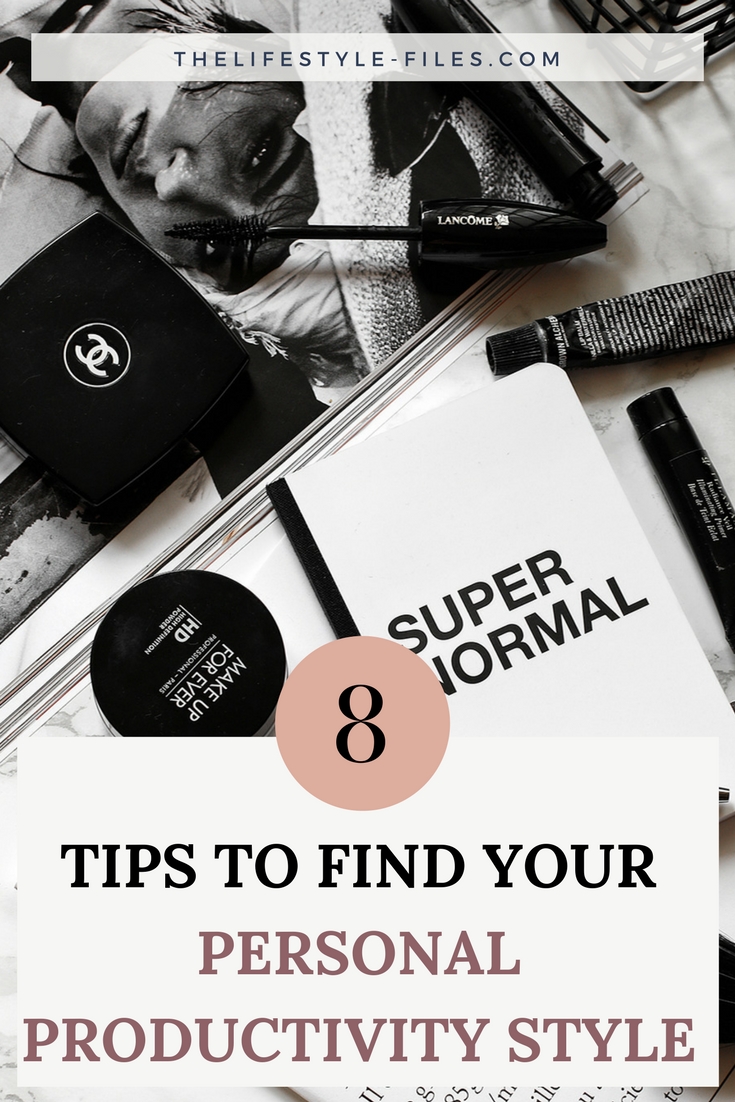
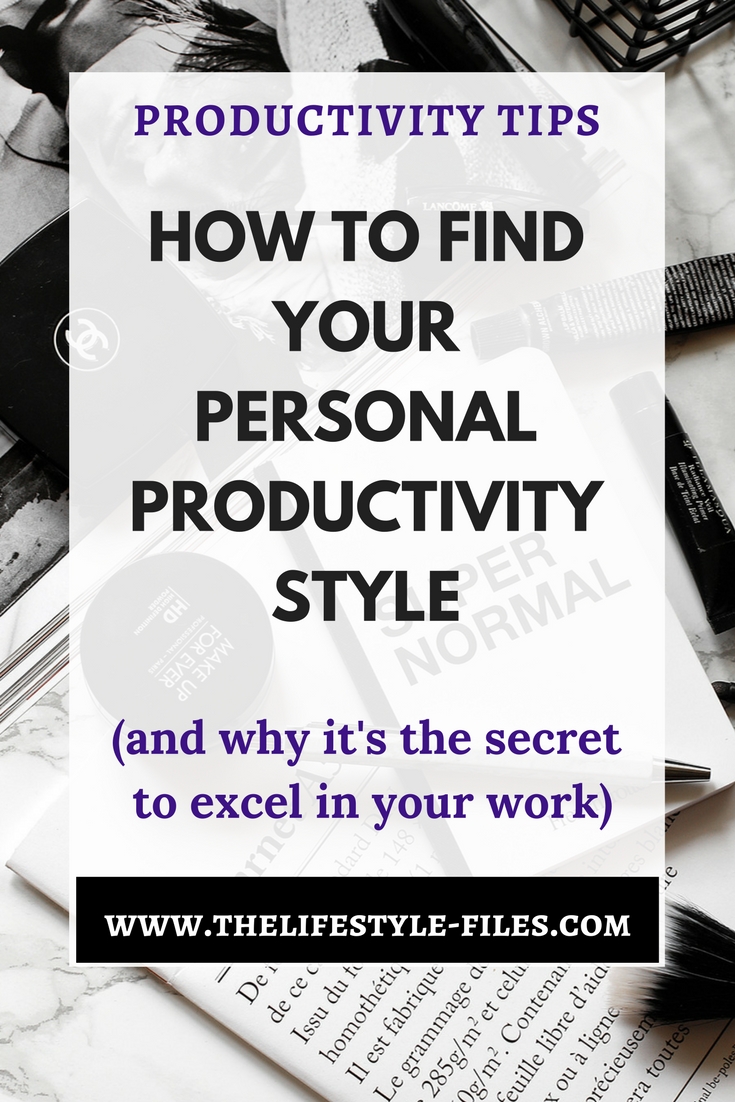
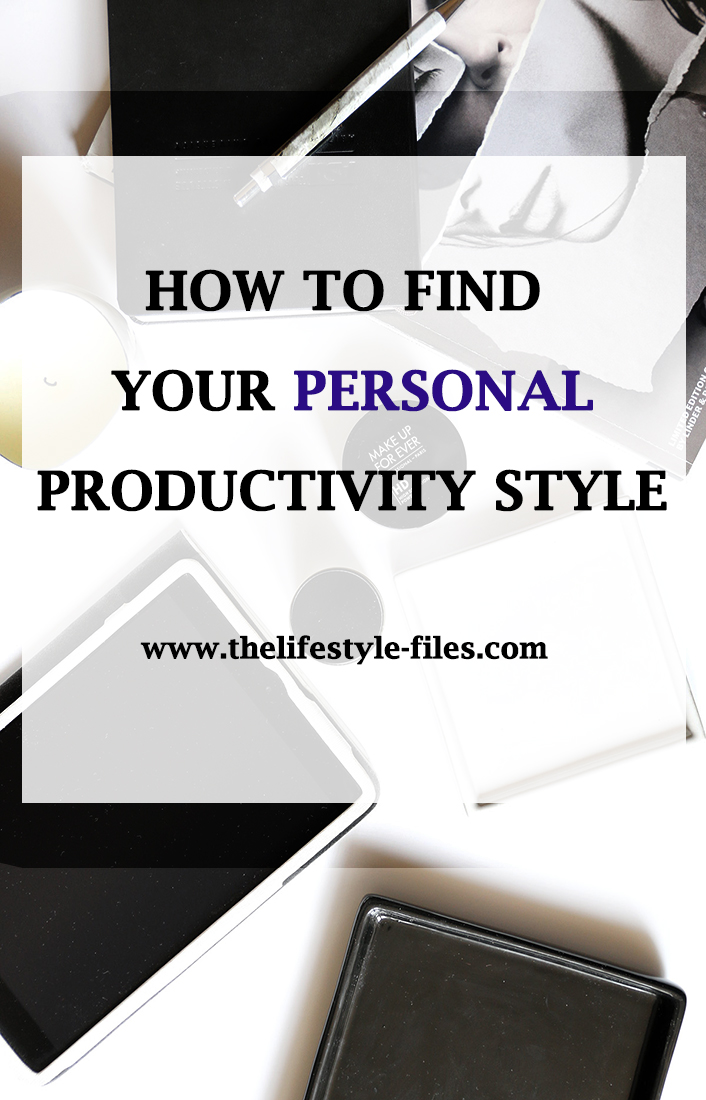
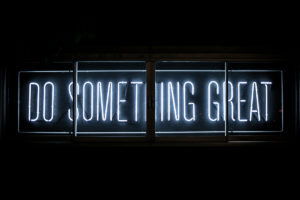
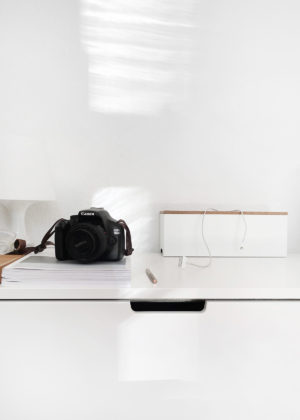

I am working on my productivity and find this very helpful as I navigate this process. Thanks for this post. FYI, I am binge reading your blog as I have some free time here at work. LOL
Thank you for reading these old posts! It means the world to me, really:)